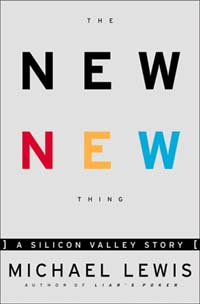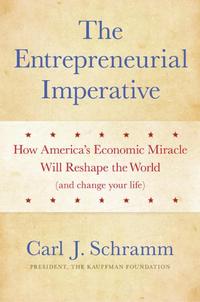I found the following wise comments while reading a short review of an old book by Edgar Monsanto Queeny, who followed his father as CEO of the Monsanto corporation, and who wrote a book called The Spirit of Enterprise which Schumpeter praised in a letter to Queeny.
(The abbreviation T.N.E.C. stands for the Temporary National Economic Committee, which I believe was an ad hoc congressional committee during part of F.D.R.’s presidency.)
Mr. Queeny does not give us a satisfactory analysis of the T.N.E.C. reports but his observations are always commonsensical and suggestive. What emerges, and what is important, is that the positive Liberal State should not aim at too subtle a plan for freedom. The referee should not be too quick with his whistle nor too ready to order players off the field. The rules of the game may well allow for a little hurly-burly. Economists like Professor Hutt, who are working out the rules of the game of free enterprise, deserve the highest praise. But they should realize that refinement has its price as well as simplicity, and of the two simplicity costs the less.
Shenfield, A. A. "Review of the Spirit of Enterprise by Edgar M. Queeny." Economica 12, no. 48 (November 1945): 264.
The reference to Queeny’s book is:
Queeny, Edgar M. The Spirit of Enterprise. New York: Charles Scribner’s Sons, 1943.


 A dental grill, one form of the hip-hop jewelry sometimes called "bling-bling." Source of image:
A dental grill, one form of the hip-hop jewelry sometimes called "bling-bling." Source of image:  Source of book image:
Source of book image: 

